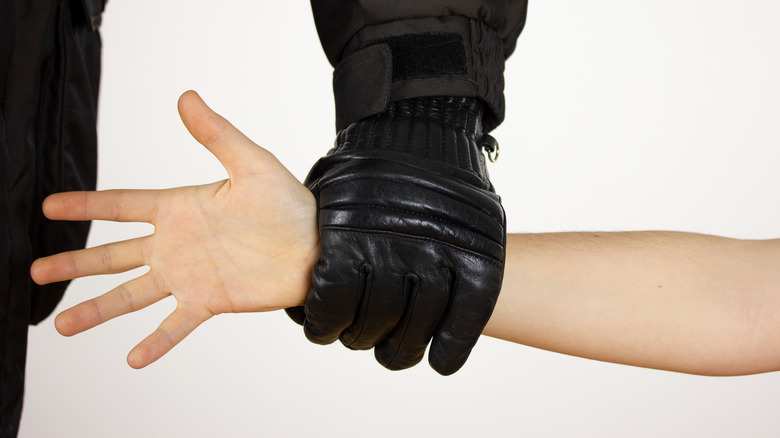Inside Eddie Cudahy Jr.'s Kidnapping
If your child were kidnapped, and the kidnappers demanded a ransom, would you pay? Anja Shortland, reader at King's College London and author of "Kidnap: Inside the Ransom Business," says that generally, it's a bad idea. The FBI agrees, urging anyone faced with a kidnapping ransom demand to contact the authorities immediately.
But consider the position of a parent whose child is gone. What if the kidnapper finds out you've gone to the police? Will they hurt your child? How can you be sure?
In December of 1900, Edward Cudahy, Sr. faced this very dilemma. Cudahy was a millionaire from Omaha, Nebraska, the owner of a prosperous meat-packing company. According to the Nebraska State Historical Society, Cudahy's 16-year-old son Eddie Jr. was walking home on December 18, 1900, when an unknown man seized him. That night, the Cudahy family received a note: if they wanted their son back, they had to pay $25,000 in gold. Cudahy, Sr., contacted the Pinkerton Detective Society, but he refused to talk to the police. Instead, he dropped off the money exactly where he was told, without question. The next day his son returned unscathed.
A sensational trial
As the Audubon County Journal reported at the time, Cudahy's insistence on following the ransom note to the letter was both frustrating — they could have caught the kidnappers that night — and understandable. Apparently, the note had threatened unspeakable revenge against the boy if Cudahy Sr. didn't behave himself, including "burning out the boy's eyes."
As it happens, the Pinkertons and the police managed to apprehend one Pat Crowe, a man with a serious grudge against Cudahy (via the Nebraska State Historical Society). Crowe's butcher shop had been put out of business by the massive Cudahy plant, where he later took a job, only to be fired for embezzlement. Crowe evaded Nebraska detectives until 1905, when he was arrested in Montana for robbery and shooting a policeman, according to the Nebraska State Historical Society.
At the time, Nebraska had no law against kidnapping — it had never happened in the state, and no one had thought to outlaw it. He was charged instead with robbery, for which he was acquitted. The sensational trial made Crowe a kind of perverse celebrity, and he tried to use his new fame to launch careers in acting and writing books. He would die alone in a New York City boarding house in 1938. Eddie Cudahy Jr., the kidnapped boy, would go on to enjoy a long and uneventful life.

